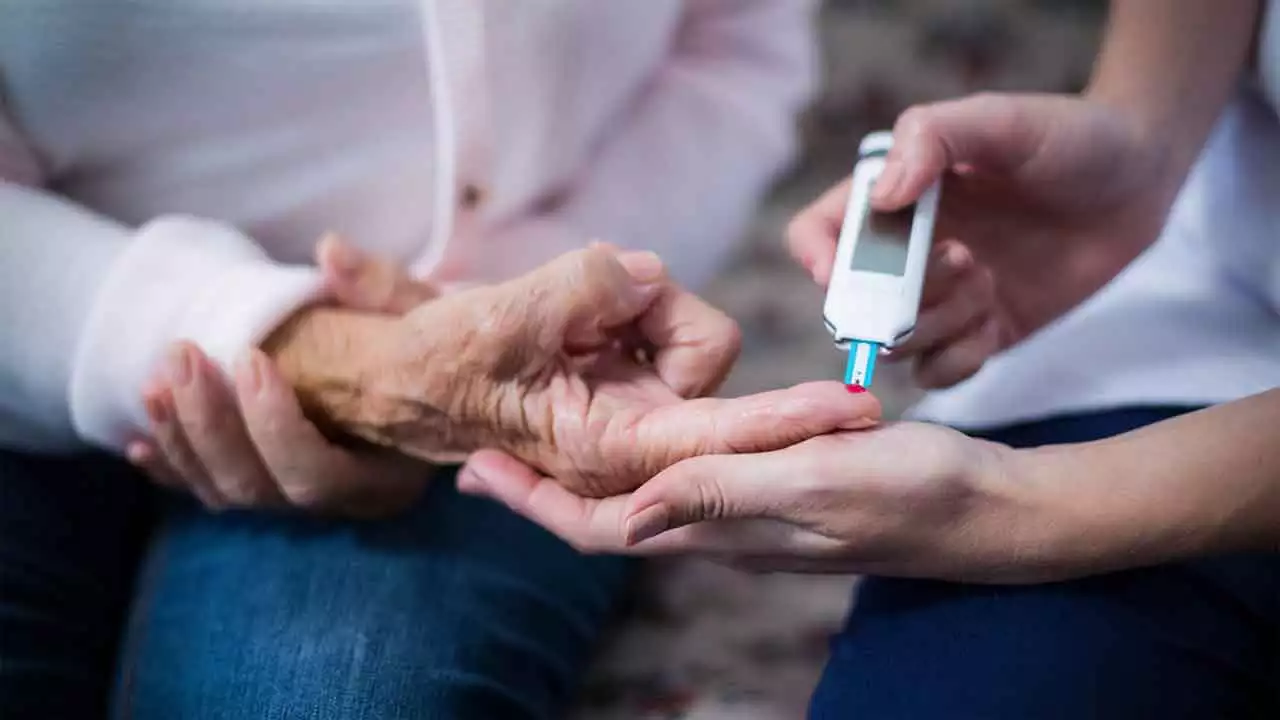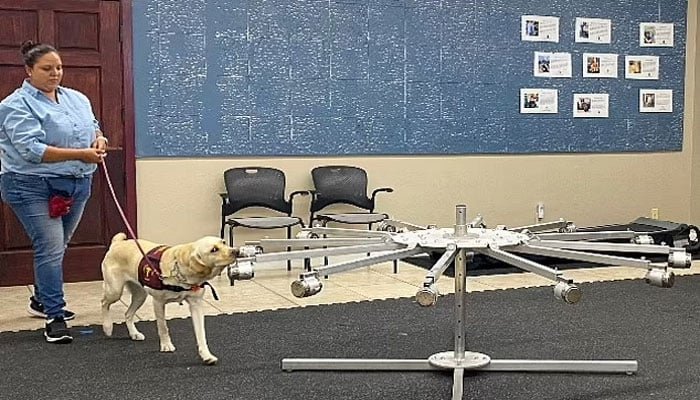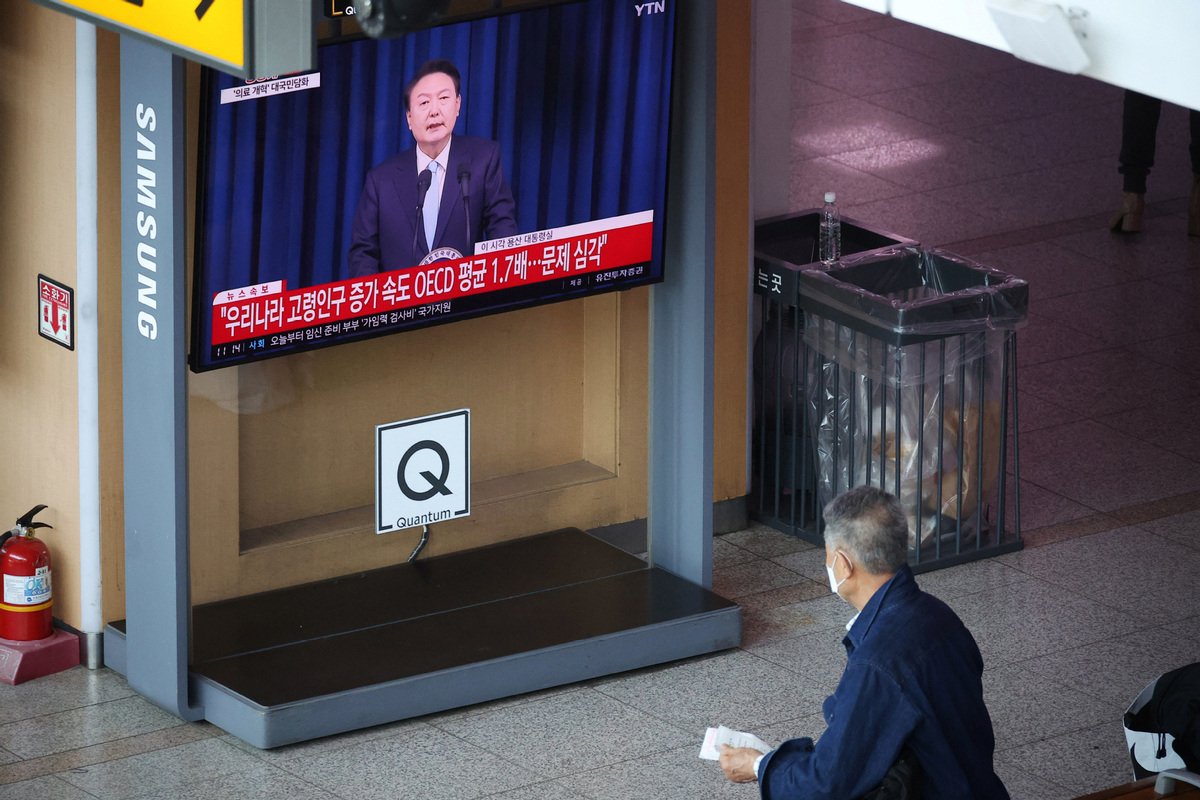Lahore: The Drug Regulatory Authority of Pakistan (DRAP) has taken decisive action against the sale of affected batches of four medicines, including two cough syrups, citing them as harmful to health.
According to recent reports, DRAP has identified the sale of non-standard and dangerous medicines in Punjab. The Drug Testing Laboratory has declared specific batches of these medicines to be harmful, resulting in an immediate ban on their sale.
Details of Affected Medicines
The laboratory’s analysis revealed that four batches of four different drugs and eight batches of two additional drugs were harmful to health. The substandard drugs identified include:
Antibiotics
Anti-allergic drops
Injections for viral infections
Antibiotic eye drops
Additionally, two cough syrups have been specifically highlighted as unhealthy:
- Tozen D Suspension
- A batch of Arps Powder
The testing results also indicated that:
- One batch of Metrovan Syrup and N-Vil Injection were declared substandard.
- Seven batches of Torax Syrup and Zond Syrup were found to be unhealthy due to ethylene glycol levels exceeding the safe limit.
Immediate Actions and Health Risks
The presence of elevated ethylene glycol levels in Torax and Zond syrups has raised significant health concerns. Ethylene glycol is a toxic substance, and its consumption can lead to serious health issues, including metabolic acidosis, kidney failure, and even death in severe cases.
As a result, DRAP has issued a product recall alert for these non-standard and hazardous drugs. The Punjab Drug Control Directorate had initially sent the samples to the testing lab, leading to this critical intervention.
Impact on Public Health
This discovery of harmful medicines has serious implications for public health, especially considering the widespread use of antibiotics, anti-allergic medications, and cough syrups. The identification and recall of these dangerous drugs aim to prevent potential health crises and protect consumers from the adverse effects of substandard medicines.
Regulatory Measures and Future Steps
The banning of these medicines underscores the importance of stringent regulatory measures in the pharmaceutical industry. DRAP’s proactive approach in identifying and banning harmful drugs is a crucial step towards ensuring the safety and efficacy of medicines available in the market.
Moving forward, DRAP and other relevant authorities must intensify their monitoring and quality control efforts to prevent the circulation of substandard and hazardous medicines. This includes regular inspections, rigorous testing of drug samples, and swift action against manufacturers and distributors who fail to comply with safety standards.
Public Awareness and Precaution
Consumers are advised to be vigilant about the medicines they use and to check for any recalls or warnings issued by health authorities. Patients currently using the affected medicines should consult their healthcare providers for alternative treatments and report any adverse reactions immediately.
Healthcare professionals should also stay informed about the latest updates from DRAP and ensure that they prescribe only those medicines that meet the required safety and quality standards.
The ban on the sale of harmful batches of medicines by DRAP is a significant step in safeguarding public health in Punjab. While this action addresses the immediate threat posed by these substandard drugs, it also highlights the ongoing need for robust regulatory oversight in the pharmaceutical sector.
By enhancing quality control measures and fostering greater transparency and accountability, DRAP and other regulatory bodies can ensure that only safe and effective medicines reach consumers, thereby protecting the health and well-being of the population.



